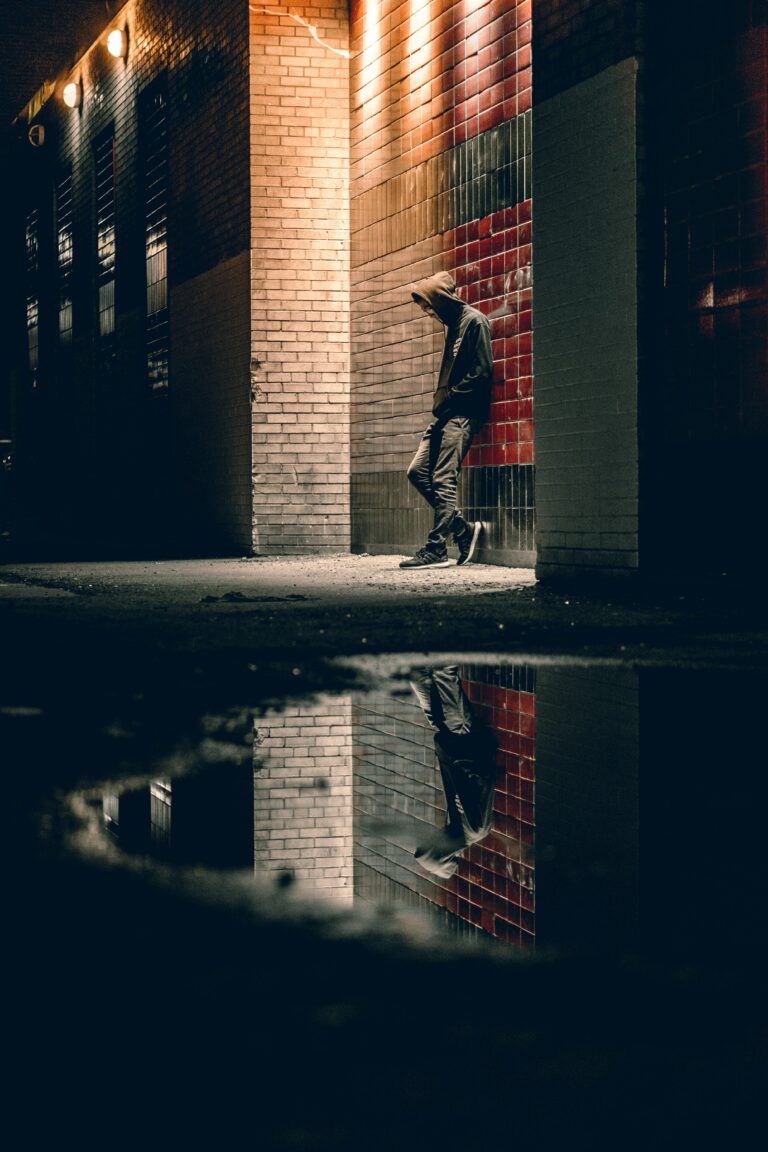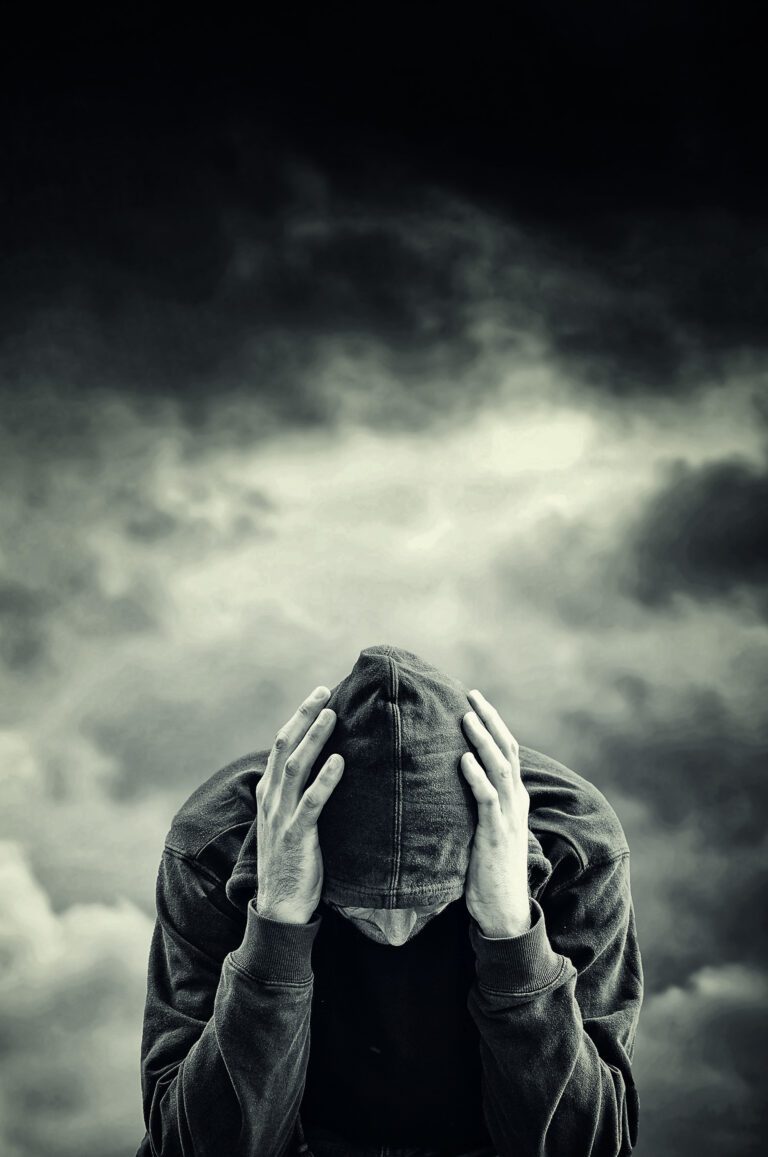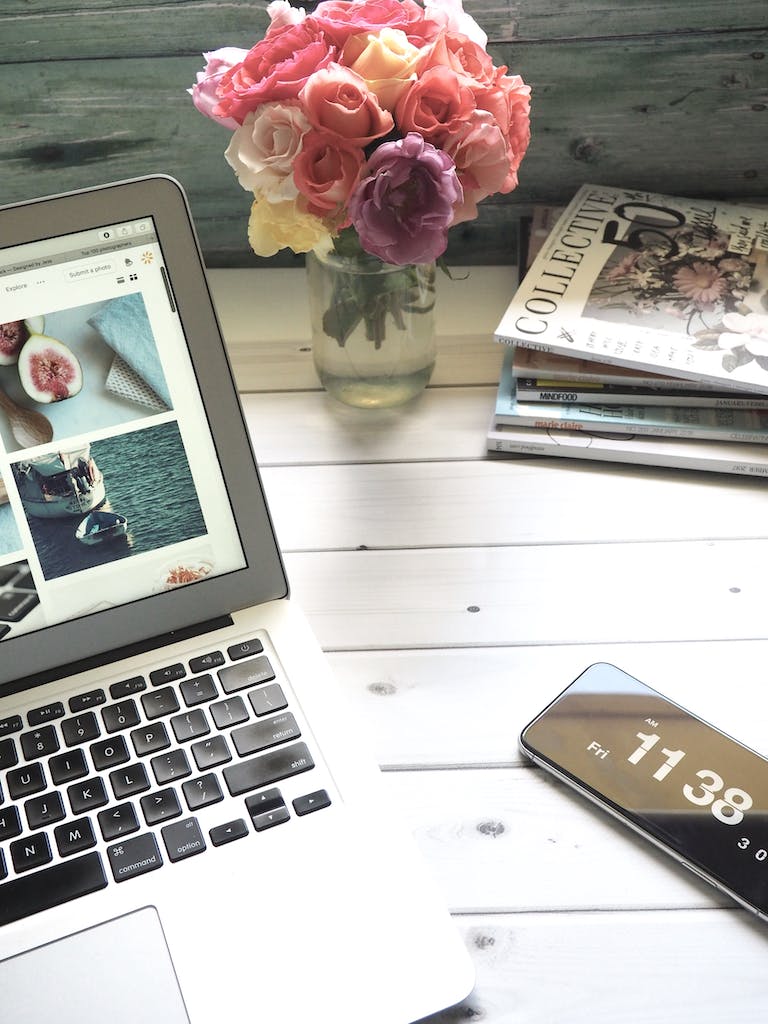Ah-Ha Moments And Moments of Personal Reflection
It is sometimes hard to recollect actual “Ah-ha” moments and moments of personal reflection. You may have heard the term “moments of clarity” in place of “moments of personal reflection.” Whatever you call it, having one of these moments is a positive experience, but it’s difficult to pinpoint an actual moment.
Have you ever had an experience where everything fits together and is crystal clear?
Moments of Personal Reflection
I’ve had a number of these moments of personal reflection. For example:
1) Learning how to ride a two-wheel bike for the first time.
2) Driving my Dad’s Mitsubishi Eclipse. It was not only my first time learning how to drive a stick shift, but my dad trusted me to drive his car. That was a huge moment for me!
3) Probably the biggest “Ah-ha” moment occurred when I was diagnosed with bipolar type 1. The diagnosis was half of the story, and the other component occurred around 10 years later. Let me give you a little background…
My Personal Reflection – Feeling Like a Guinea Pig
For years, my psychiatrist worked with me to find the right “cocktail” of medication. A “cocktail” is the term used when an individual is taking several medications to treat their illness. My doctor worked with me to make sure these medications increased my quality of life with no side effects.
For years, I felt like a guinea pig trying to find the right combination of medications.
As I traversed the road of life, I became full-blown manic, partnered with psychosis. I knew I was living with bipolar disorder, but going through an episode is not something you plan. Yes, you can take preventative measures, but just like in life, there are no guarantees.
My Ah-Ha Moment And Moment of Personal Reflection
After I balanced out and came down from my manic episode, the second half of my “Ah-ha” was swift and to the point. I realized medicine alone would not be the only answer to managing my bipolar disorder—I was going to need something more. I knew I would have to dig deeper and find other ideas, in addition to taking my meds.
Before this moment of personal reflection, I had been experimenting with ways to help maintain my health for years.
My life has felt like one big science experiment. I worked with my psychiatrist to see how a medication would impact my mind and any potential side effects. I made sure not to switch around more than one variable at a time. This way, I could target a particular side effect with a specific medication. Sometimes, switching a variable worked, and other times, it did not.
I decided to put my findings, my thoughts, and my lived experience into this blog, The Bipolar Battle.
Findings from My Moments of Personal Reflection
I learned that the approach to managing bipolar disorder needs to be a collaborative one. Yes, medication is the foundation of my treatment. However, it does not just end with popping some pills each day.
When I say a collaborative approach, you need to have a whole arsenal of tools to help you battle bipolar disorder daily. Let me give you some suggestions to get you started, some of which I have spoken about before, while others may be new to you. Either way, I hope they help prompt you to take action.
Exercise
Most people I have spoken to see exercise as a chore. It can certainly feel that way when you first start. However, once it becomes a habit, you will feel better.
For me, exercise is something that I have to do each day, and weight lifting is my exercise of choice. It is a “non-negotiable” on my to-do list.
During the first month-and-a-half of restarting my exercise program, I actually felt worse. However, I knew this feeling would be short-lived, as my body just needed to adapt to the new stress of exercise. This is an example of a moment of personal reflection.
Now, I lift weights every day and it is part of my daily therapy. Now, if I miss a day of working out, I feel worse than if I had not done so in the first place.
Downtime
In a society where everything is fast-paced and constantly moving, downtime is at a premium.
When I say downtime, I mean anything you can do to relax or decompress.
For example, sometimes I watch a T.V. show or a movie, talk (not text) on the phone, or go for a drive. Just make sure to do something that does not cause or add stress but only helps to decompress.
Healthy Eating Choices
Not only should you focus on the kinds of foods you eat, but also at what times.
We all know the difference between healthy food and unhealthy food. Making a healthy choice is something you can do—it just takes practice and dedication. Instead of eating a half-dozen donuts, try just having one or two.
Eating consistently throughout the day will help to maintain sugar levels. They have shown stable sugar levels to foster stability in the human body, while erratic sugar levels can increase irritability, sadness, depression, and a negative sense of well-being.
Don’t wait for your sugar level to get too low. Eating at regular intervals throughout the day can foster stability.
Sleep
You need a minimum number of hours of sleep per night in addition to a sleep routine.
A general rule of thumb is to shoot for 8 hours of sleep each night. This number can increase or decrease based on your lifestyle, medication side effects, and the environment.
To help you fall asleep each night, create a routine. Perhaps you need to take a warm shower, grab a cup of tea, or do some reading before heading to bed. Whatever your routine looks like, try to follow it each night. A nighttime routine will flip a switch in your brain, indicating it is time for the body to slow down and prepare for slumber.
Last Thoughts
The purpose of my blog is to present all the findings I have discovered throughout my life. I hope that you can learn from my experience so you can reach a level of stability faster than I did myself. I’m not trying to put a timeline on anything, but I just want to help you get to a healthy spot by utilizing the tools that have worked for me.
You are a warrior, survivor, and fighter.
I would love to hear what has worked for you. Please comment about what has been helpful for you along your journey. What are some of your personal reflections?







